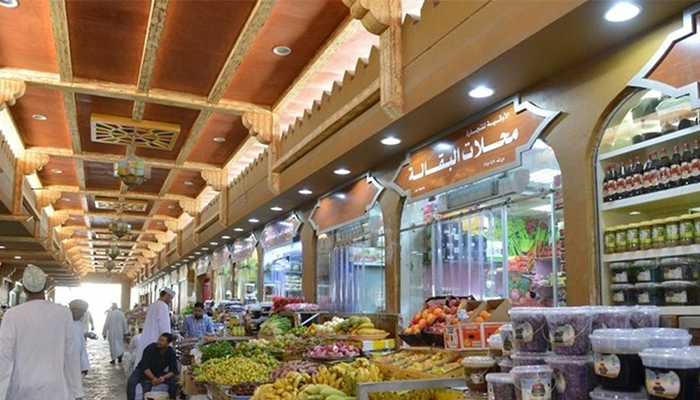Oman’s inflation rate in May 2024 increased by 0.9 percent compared to the same month in 2023, according to data from the National Centre for Statistics and Information (NCSI). The prices of various goods and services also saw changes, with food and non-alcoholic beverages prices increasing by 3.8 percent, miscellaneous goods and services by 3.3 percent, and health by 2.4 percent. On the other hand, transportation prices decreased by 1.6 percent, education by 0.4 percent, and communications by 0.2 percent.
The increase in food and non-alcoholic beverages prices was driven by a rise in the cost of vegetables by 12.3 percent, fruits by 7.9 percent, and fish and seafood by 4.6 percent. Other products that saw price increases include milk, cheese, and eggs, oils and fats, meat, sugar, jam, honey, bread, cereals, and non-alcoholic beverages. However, the prices of clothing and shoes only increased by 0.1 percent.
At the governorate level, North Al Sharqiyah Governorate recorded the highest increase in the inflation rate at 2.07 percent, followed by Musandam, Dhofar, North Al Batinah, Al Wusta, Al Buraimi, South Al Batinah, Ad Dakhiliyah, Ad Dhahirah, South Al Sharqiyah, and Muscat governorates. The varying rates of inflation across different regions indicate the impact of price changes on local economies and consumer budgets.
The rise in prices of essential goods and services may put pressure on households and businesses, impacting their spending and overall financial health. While certain sectors like transportation saw a decrease in prices, others such as food and health experienced notable increases. It is crucial for policymakers to monitor inflation trends and take appropriate measures to ensure economic stability and affordability for all residents.
Consumers may need to adjust their budgets and spending habits to cope with rising prices, especially in categories like food and non-alcoholic beverages. Finding ways to save on daily expenses and making informed purchasing decisions can help mitigate the impact of inflation on individual finances. Additionally, businesses may need to consider pricing strategies and cost-cutting measures to remain competitive in a changing market environment.
Overall, the inflation data for May 2024 in Oman reflects a complex economic landscape with varying price changes across different sectors and regions. Understanding these trends and their implications can help individuals and businesses navigate the challenges of a changing market and make informed decisions to protect their financial well-being. By staying informed and proactive, stakeholders can better adapt to the evolving economic conditions and work towards sustainable growth and prosperity.





















